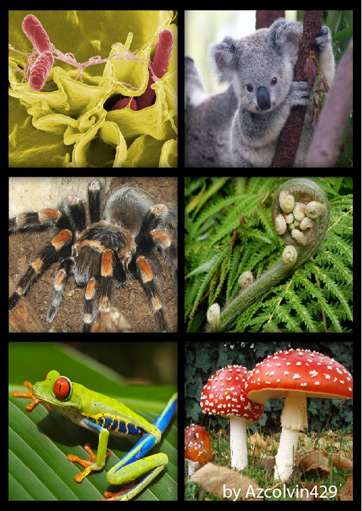
noun
- a form of life composed of mutually interdependent parts that maintain various vital processes.
- a form of life considered as an entity; an animal, plant, fungus, protistan, or moneran.
- any organized body or system conceived of as analogous to a living being: the governmental organism.
- any complex thing or system having properties and functions determined not only by the properties and relations of its individual parts, but by the character of the whole that they compose and by the relations of the parts to the whole.
noun
- any living biological entity, such as an animal, plant, fungus, or bacterium
- anything resembling a living creature in structure, behaviour, etc
n.1660s, “organic structure, organization,” from organize + -ism. Sense of “living animal or plant” first recorded 1842. Related: Organismic. n.
- An individual form of life, such as a plant, animal, bacterium, protist, or fungus; a body made up of organs, organelles, or other parts that work together to carry on the various processes of life.
- An individual form of life that is capable of growing, metabolizing nutrients, and usually reproducing. Organisms can be unicellular or multicellular. They are scientifically divided into five different groups (called kingdoms) that include prokaryotes, protists, fungi, plants, and animals, and that are further subdivided based on common ancestry and homology of anatomic and molecular structures.
 Liberal Dictionary English Dictionary
Liberal Dictionary English Dictionary